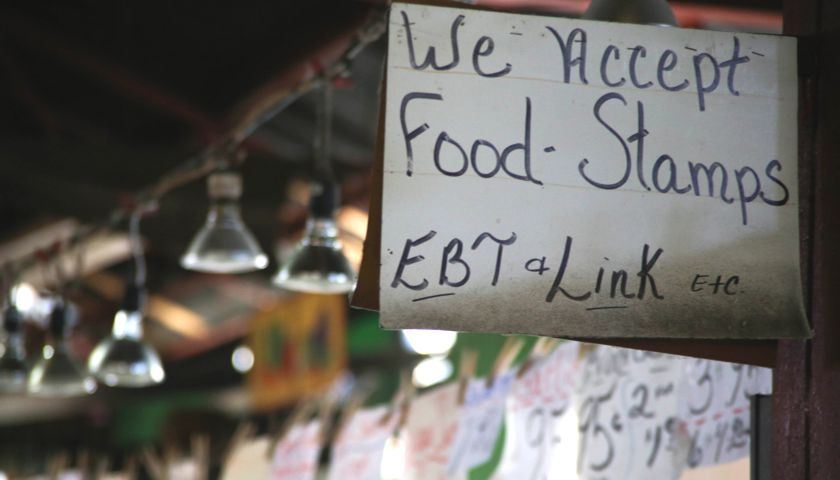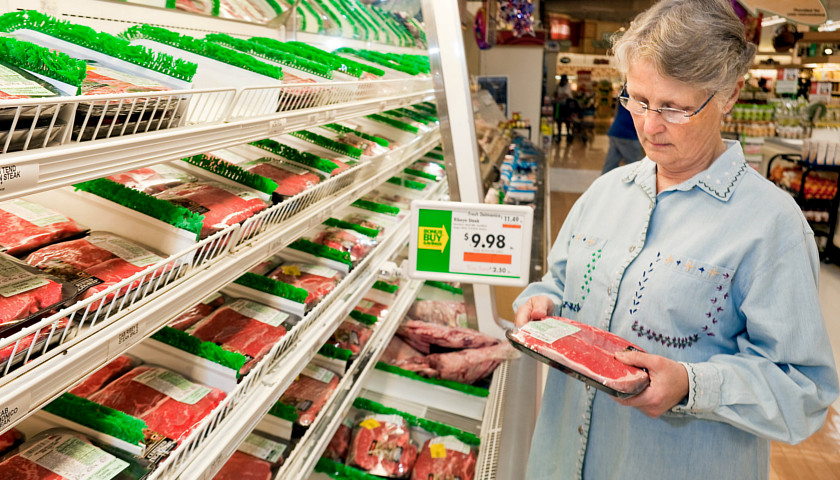Design flaws in the federal food stamp program hinder recipients’ upward economic mobility and effectively force them into governmental dependency.
That’s the upshot of a new Georgia Center for Opportunity report exploring possible solutions for addressing the benefits cliffs in safety-net programs like the Supplemental Nutrition Assistance Program.
Read the full story




